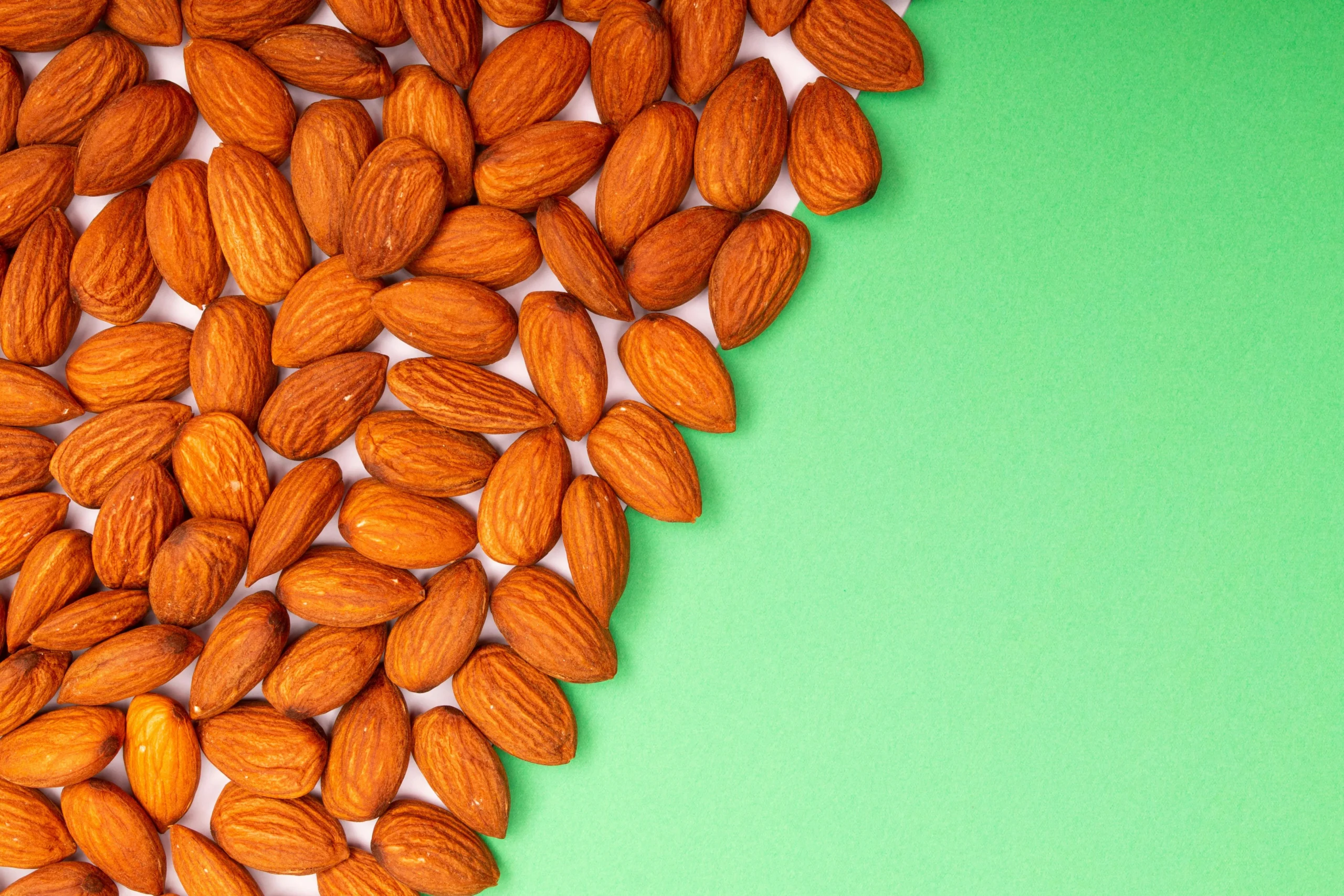In today’s fast-paced world, prioritizing our health is more important than ever. One key aspect of maintaining a healthy lifestyle is ensuring that we consume an adequate amount of protein. While many people associate protein with animal products, it is crucial to note that plant-based sources can be just as nutritious and beneficial. In this comprehensive guide, we will explore how you can stay healthy by incorporating more plant-based protein into your diet.
The Benefits of Plant-Based Protein
Plant-based protein offers a myriad of health benefits that can contribute to overall well-being. Some of the advantages of consuming plant-based protein include:
- Reduced risk of chronic diseases such as heart disease and diabetes
- Lower cholesterol levels
- Weight management and potential weight loss
- Improved digestion and gut health
- Environmental sustainability
Read also: Unleash Tranquility: Enhance Sleep Naturally with Herbal Supplements
By incorporating more plant-based protein into your diet, you can not only improve your health but also contribute to a more sustainable food system.
Top Sources of Plant-Based Protein
Read also: Ultimate Guide to Year-Round Wellness: Maintaining a Healthy Lifestyle
There are numerous plant-based sources of protein that you can incorporate into your meals. Some of the top sources include:
- Lentils
- Chickpeas
- Quinoa
- Tofu
- Tempeh
- Black beans
- Edamame
- Chia seeds
- Hemp seeds
These sources are not only rich in protein but also provide essential nutrients such as fiber, vitamins, and minerals that are vital for overall health.
How to Incorporate Plant-Based Protein into Your Diet
Here are some practical tips on how you can increase your plant-based protein intake:
- Start your day with a protein-packed smoothie using ingredients like spinach, almond milk, and protein powder.
- Swap out meat for plant-based alternatives such as tofu, tempeh, or seitan in your favorite recipes.
- Add legumes like lentils, chickpeas, and black beans to salads, soups, and stews for an extra protein boost.
- Snack on nuts and seeds throughout the day for a quick and nutritious source of protein.
- Experiment with different plant-based protein sources to keep your meals exciting and varied.
Conclusion
By prioritizing plant-based protein in your diet, you can reap a multitude of health benefits while also supporting a more sustainable food system. Whether you are looking to improve your overall health, manage your weight, or reduce your environmental impact, incorporating more plant-based protein into your meals is a simple yet impactful way to achieve these goals. Start small by making gradual changes to your diet and gradually increase your intake of plant-based protein sources. Your body and the planet will thank you for it!
FAQ
1. What are plant-based proteins?
Plant-based proteins are proteins derived from plants, such as legumes, nuts, seeds, and grains. They are essential for building and repairing tissues in the body.
2. Can you get enough protein from a plant-based diet?
Yes, it is possible to get enough protein from a plant-based diet by consuming a variety of plant-based sources such as beans, lentils, tofu, tempeh, quinoa, and nuts.
3. Are plant-based proteins complete proteins?
While most plant-based proteins are not considered complete proteins on their own, combining different plant-based sources throughout the day can provide all essential amino acids needed by the body.
4. How can plant-based proteins benefit my health?
Plant-based proteins are often lower in saturated fats and cholesterol compared to animal proteins, making them beneficial for heart health. They also provide essential nutrients, fiber, and antioxidants that contribute to overall well-being.
5. Are plant-based proteins suitable for athletes and active individuals?
Yes, plant-based proteins can provide the necessary amino acids for muscle repair and growth in athletes and active individuals. Sources like soy, quinoa, and pea protein can be particularly beneficial for supporting athletic performance.
6. What are some common sources of plant-based protein?
Common sources of plant-based protein include beans, lentils, chickpeas, tofu, tempeh, edamame, quinoa, chia seeds, hemp seeds, almonds, and spirulina.
7. How can I ensure I am getting enough protein on a plant-based diet?
To ensure you are getting enough protein on a plant-based diet, focus on incorporating a variety of protein-rich foods into your meals, including a combination of legumes, whole grains, nuts, seeds, and plant-based protein powders.
8. Are there any concerns about nutrient deficiencies on a plant-based diet?
While a plant-based diet can provide all essential nutrients, it is important to pay attention to certain nutrients like vitamin B12, iron, calcium, and omega-3 fatty acids. Including fortified foods or supplements can help prevent deficiencies.
9. Can children and pregnant women follow a plant-based diet?
Children and pregnant women can follow a plant-based diet with proper planning to ensure they are meeting their nutrient needs. Consulting with a healthcare provider or dietitian can help create a well-balanced plant-based meal plan.
10. How can I make plant-based proteins more flavorful and enjoyable?
You can enhance the flavor of plant-based proteins by marinating tofu or tempeh, using herbs and spices to season beans and lentils, adding nuts and seeds to salads, and incorporating flavorful sauces or dressings to your meals.
What is a professional’s opinion?
According to Dr. Michael Greger, a renowned physician and author specializing in plant-based nutrition, a well-planned plant-based diet can provide all essential nutrients for optimal health. It is essential to focus on variety and balance to ensure you are meeting your nutritional needs.

